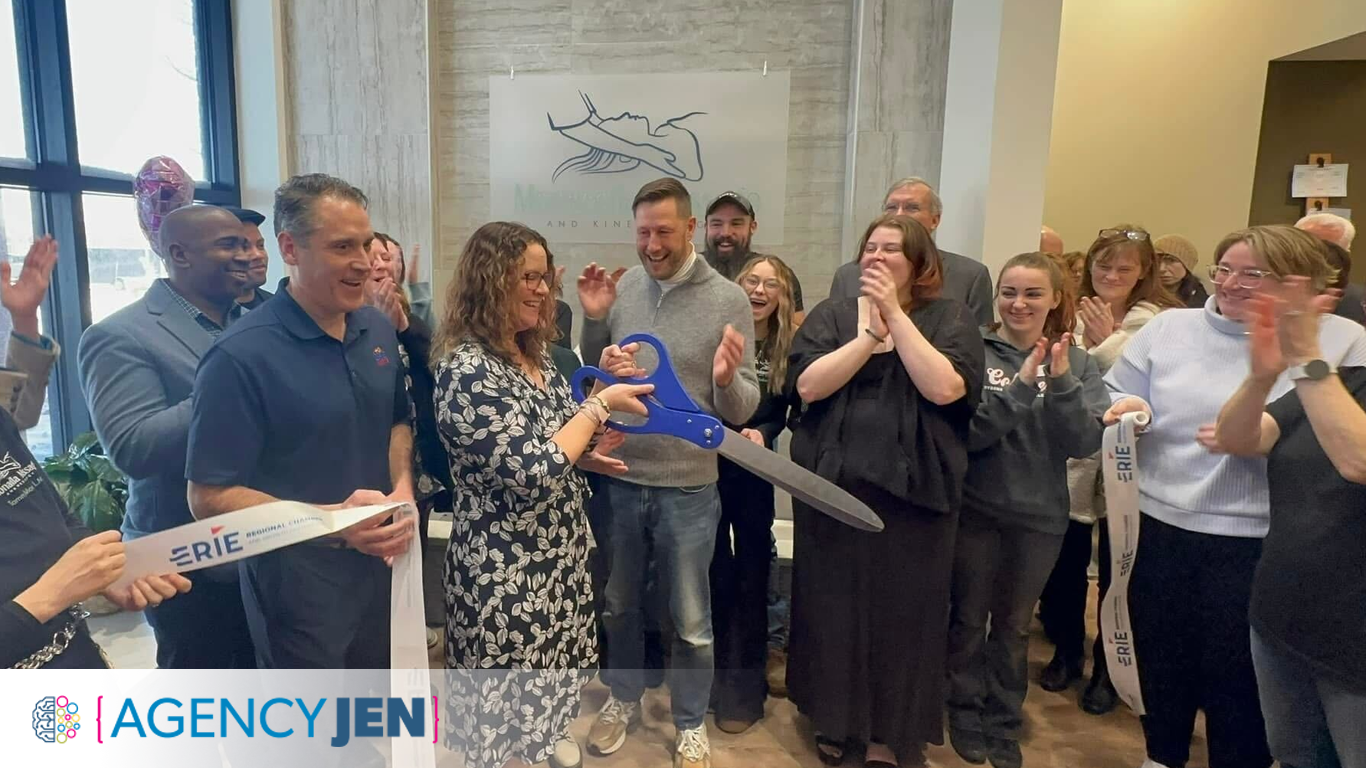I have had many conversations with nonprofits on how to use different marketing tactics when budgets are thin and pressure is on to generate movement in their organization. Whether it’s desperately needing more volunteers, hires, sales, donations, etc. or your marketing budget is low – how do you decide where to start investing? It comes down to reverse engineering your needs in order to select the best advertising strategy. In this article I share the differences between short and long term campaign strategies, and expose critical thinking methods in deciding marketing investments in order to generate the best return for your organization. Enjoy!
Why marketing campaigns are important for nonprofits
Nonprofits are organizations that work towards the betterment of society and serve a noble cause. However, without proper marketing campaigns, these organizations may not be able to reach their potential donors and supporters. Marketing campaigns for nonprofits are essential as they help in generating demand for the organization’s mission and objectives. Through promotional activities, nonprofits can communicate their message effectively and convey how they intend to make a difference in society.
Marketing campaigns for nonprofits should be action-based. The objective should not only be to create awareness but also to motivate people to take action. This could involve donating money or volunteering time towards the cause. Action-based marketing helps in creating a sense of urgency and encourages individuals to do their part in making a positive impact on society. Through such initiatives, nonprofits can build strong relationships with their supporters, which can lead to long-term partnerships.
Brand awareness is another crucial aspect of nonprofit marketing campaigns.
Brand awareness is a crucial aspect of any nonprofit marketing campaign. As a nonprofit, you want to make sure that your organization’s brand is recognized and remembered by your target audience. This can help you build trust in the community and attract more donations and support.
One effective way to increase brand awareness is by sharing your story with the community. By telling the story of how your organization began, what it stands for, and the impact it has had on people’s lives, you can create an emotional connection with potential donors and supporters. You can share your story through various channels such as social media, email newsletters, or even through events.
Another important aspect of building brand awareness for nonprofits is building strong community relationships. Creating partnerships with other organizations or businesses in the community can help you reach new audiences and gain more exposure for your brand.
Defining short and long-term campaigns
Short-term campaigns can be highly effective in generating quick impacts for growth and demand generation. These campaigns are action-based, time-sensitive, and designed to deliver measurable results in a short amount of time. They are ideal for businesses that are looking to boost sales or attract new customers quickly.
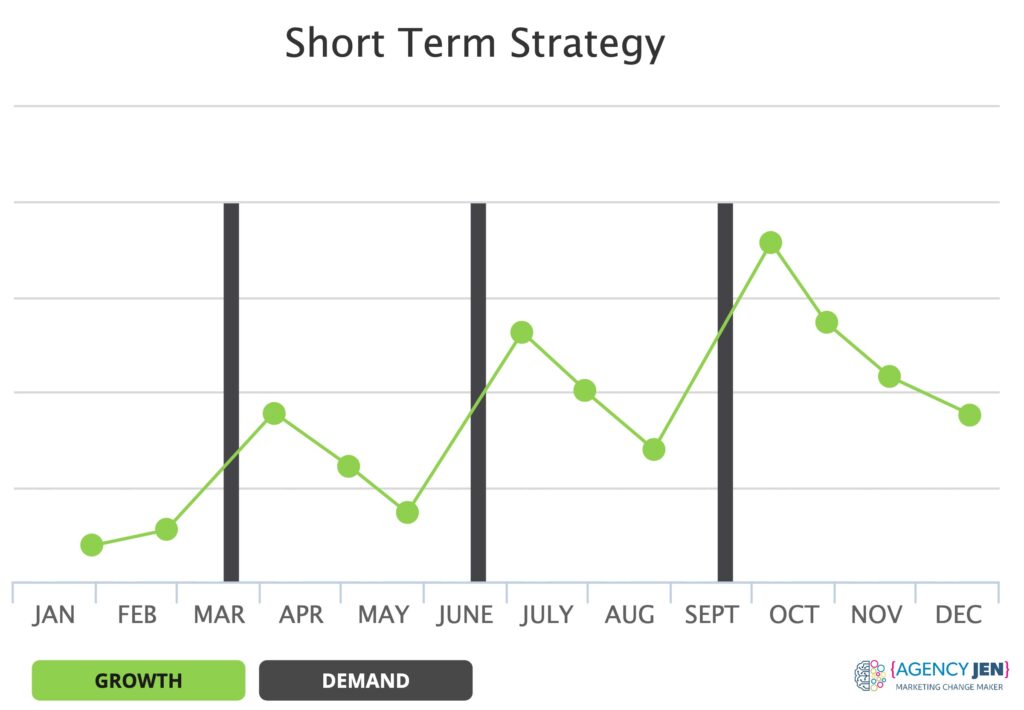
One of the key advantages of short-term campaigns is their high exposure. These campaigns can be designed to reach a large number of people quickly through targeted advertising, social media promotion, or other marketing tactics. This makes them an excellent way to build brand awareness or increase visibility in a crowded market.
Another advantage of short-term campaigns is their time sensitivity. Because they are designed to deliver quick results, these campaigns often have clear deadlines and specific goals that need to be achieved within a certain timeframe. This creates a sense of urgency among consumers and can help drive sales or engagement with your business.
Long-term campaigns are essential for businesses that aim to establish a lasting and sustainable brand identity. These campaigns focus on growing brand awareness over an extended period of time, rather than quick-fix solutions that produce immediate results. While it may take longer to see the impact of long-term campaigns, they provide more significant benefits in the long run.
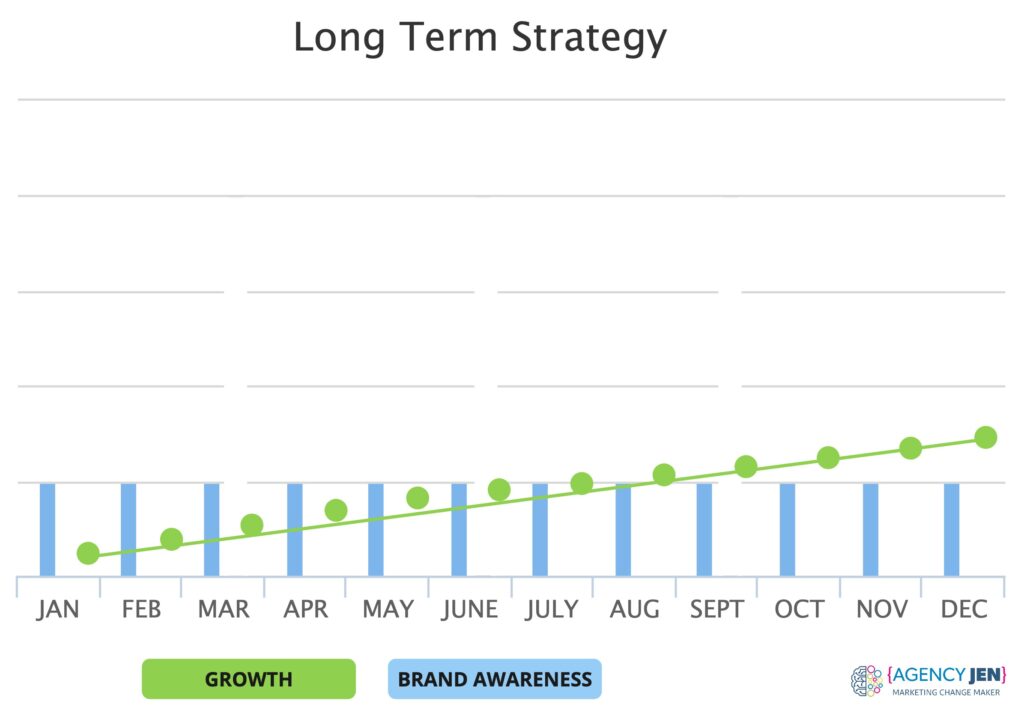
One of the challenges with long-term campaigns is that they take more time to measure. Unlike short-term campaigns where you can quickly see how many clicks or conversions your ad generated within a few days, measuring the success of a long-term campaign takes months or even years. This means businesses must be patient and understand that building a strong brand reputation takes time, effort, and financial commitments.
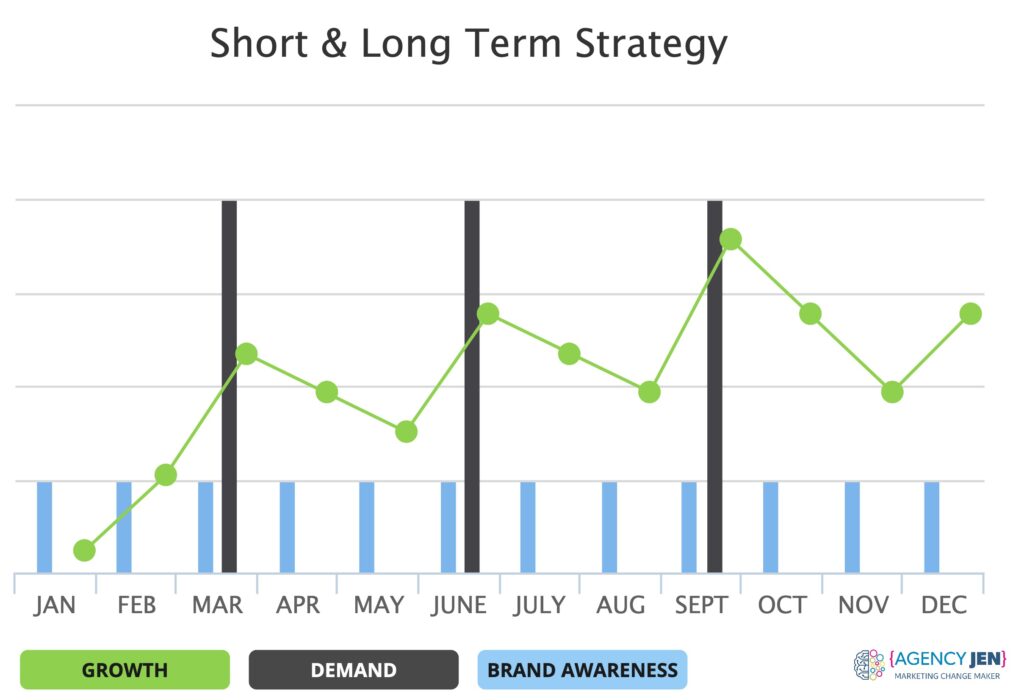
Selecting the right campaign for your nonprofit
As a nonprofit organization, selecting the right campaign can make all the difference in achieving your desired outcomes. This involves taking an accurate reading of your “marketing thermometer” and then devising a plan that aligns with your budget, resources, and overall goals.
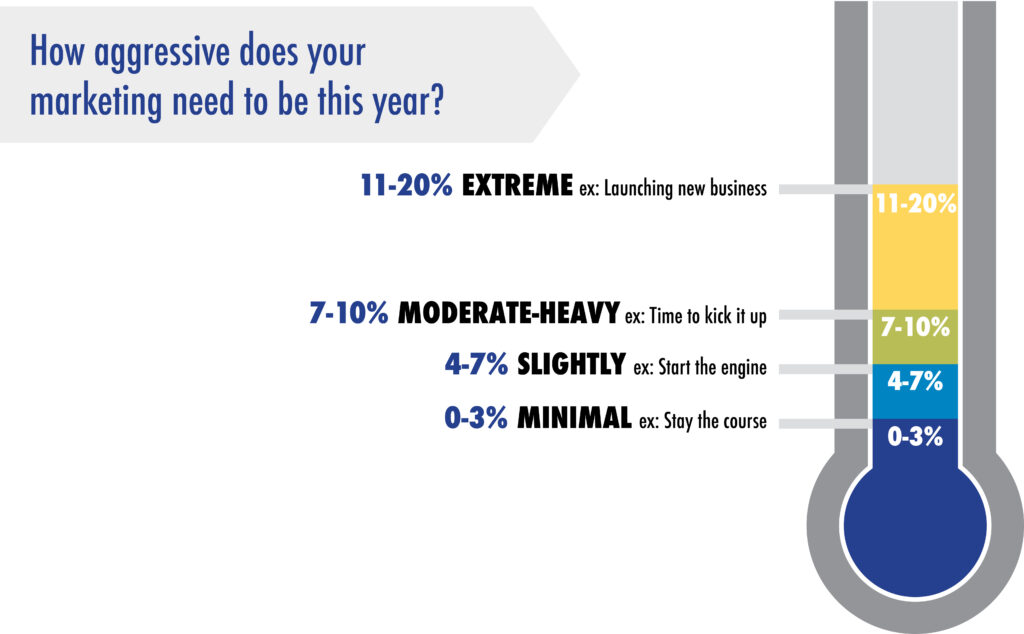
One of the most critical factors to consider is urgency. How quickly do you need to generate specific results? Are there pressing needs that require immediate attention? If so, then selecting a campaign that can deliver fast results should be your top priority.
For nonprofits looking to achieve quick results, aggressive campaigns are often the way to go. These campaigns can take a lot of financial investment and resources in order to run high-impact advertising campaigns such as television ads, web banner ads, paid social, and more. However, they can generate immediate traction and increase public awareness about your cause. If you’re looking for fast results from an aggressive campaign, then this approach will likely work well for you.
Another factor to consider when selecting a nonprofit campaign is time. How much time do you have available to devote to this effort? Do you have staff and volunteer capacity to manage an ongoing fundraising or awareness-raising campaign, or will it be necessary to focus on short-term efforts with finite timelines? Understanding your available resources and timeline constraints will help ensure that you select a campaign that aligns with your organizational capacity.
Finally, budget should also play a significant role in determining which nonprofit campaign is right for you. How much are you willing to invest in order to strategically marketing your campaign to reach measurable goals?
Developing a campaign strategy
Developing a campaign strategy for nonprofits is not an easy task, and it requires careful planning and execution. The key to success lies in telling your story clearly and having a very clear call to action from your target audience. This means that you need to find the right message, for the right people, in the right places.
The first step in developing a successful campaign strategy is understanding who your target audience is. You need to know what motivates them, what their interests are, and how they prefer to receive information. Once you have this information, you can tailor your messaging accordingly.
Next, you need to craft a compelling story that resonates with your target audience. Your story should be authentic and genuine so that people can connect with it on an emotional level.
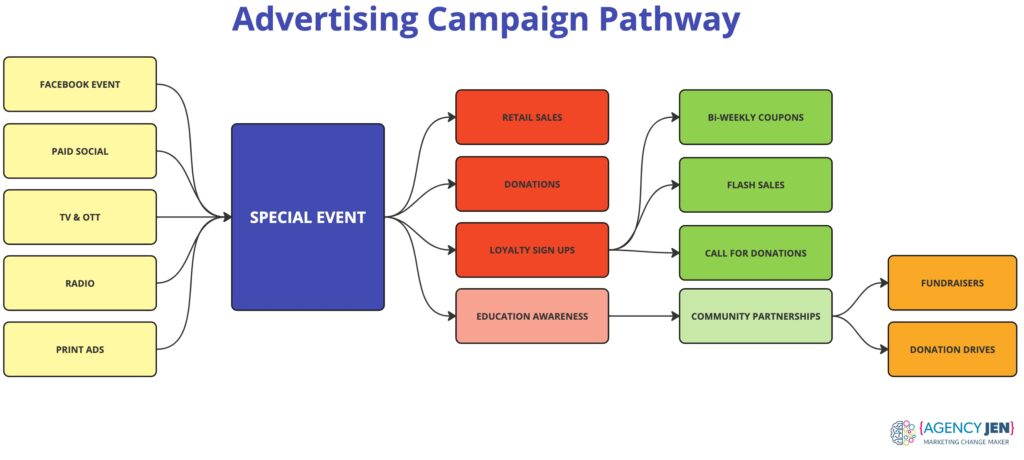
When you have the right message, for the right people, then it makes placing your advertising in the right channels that much easier and is a sure fire way to maximize your budget and have specific measurable results in place.
Budget considerations for campaigns
When it comes to deciding a budget for your nonprofit’s advertising campaigns, it can be a daunting task. Remember the tactics from above: how quickly do you need an impact, how big is your team for grassroots efforts, and how will you measure any efforts that invest.
Whether you choose to spend a lot of money, spend little, do a lot yourself, or hire a marketing expert to help guide you – the choice ultimately depends on the organization’s urgency, capacity, and specific goals.
If your nonprofit decides to spend big on advertising campaigns, it’s important to make every penny count. Ask for discounts from media outlets and negotiate lower rates by capitalizing on your nonprofit status. Ask community partners and businesses to share ad buys in order to spread the costs and reach new audiences together. And you most certainly want to ask your TV, Radio, and Print Ad vendors for BOGO (buy one get one) deals where you buy ad space in one spot and receive additional free spots. By utilizing these tactics, your nonprofit can maximize its exposure while minimizing its expenses.
Conclusion: The importance of consistent marketing efforts.
Marketing is an essential aspect of any nonprofit organization’s operations, whether it is a short-term or long-term advertising campaign. Consistency is key when it comes to marketing efforts, as it helps to build and maintain a loyal audience base. Therefore, it is crucial for nonprofits to be clear on their expectations and set smart goals.
Setting clear expectations requires nonprofits to define what they hope to achieve through their marketing campaigns. This involves identifying what are the measurables marketing is driving to achieve that will aid the organization in hitting their strategic growth goals, ie. increase foot traffic, generate retail sales, increase donation, inflate current client database, build new relationships, etc. By doing so, organizations can ensure that they are delivering the right message at the right time to the right people and spending their precious marketing dollars in a strategic way to grow smart.
—–
If your organization would like marketing navigation, schedule a complementary Meet & Greet with Agency Jen today! We are here to help you reach more so you can serve more in your community.




